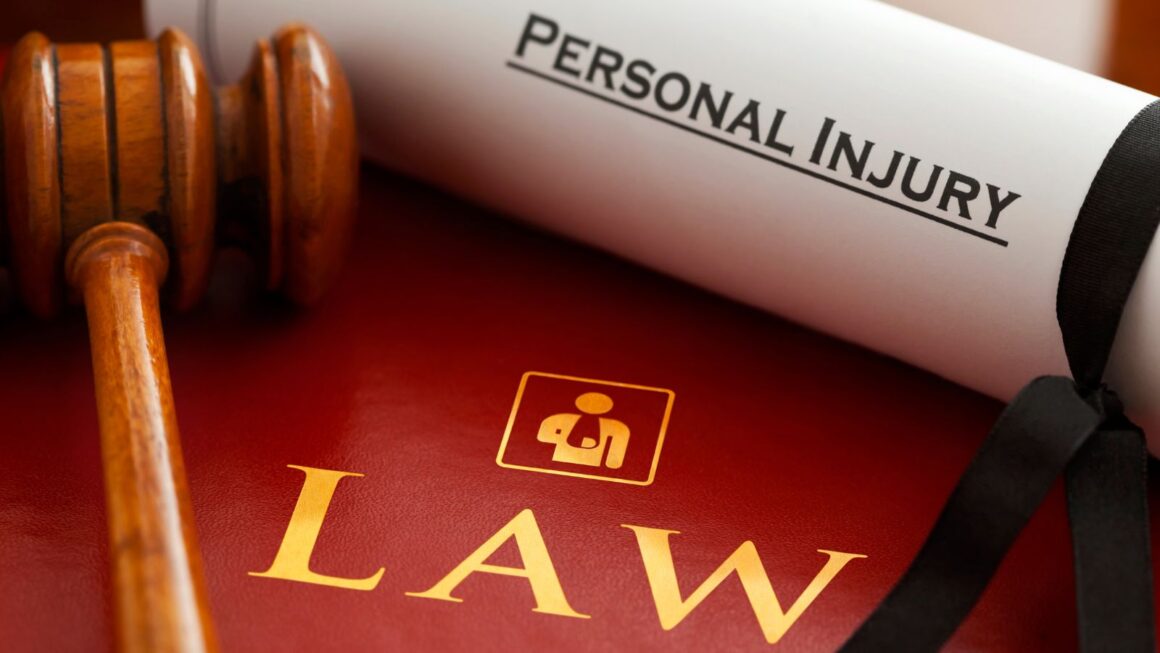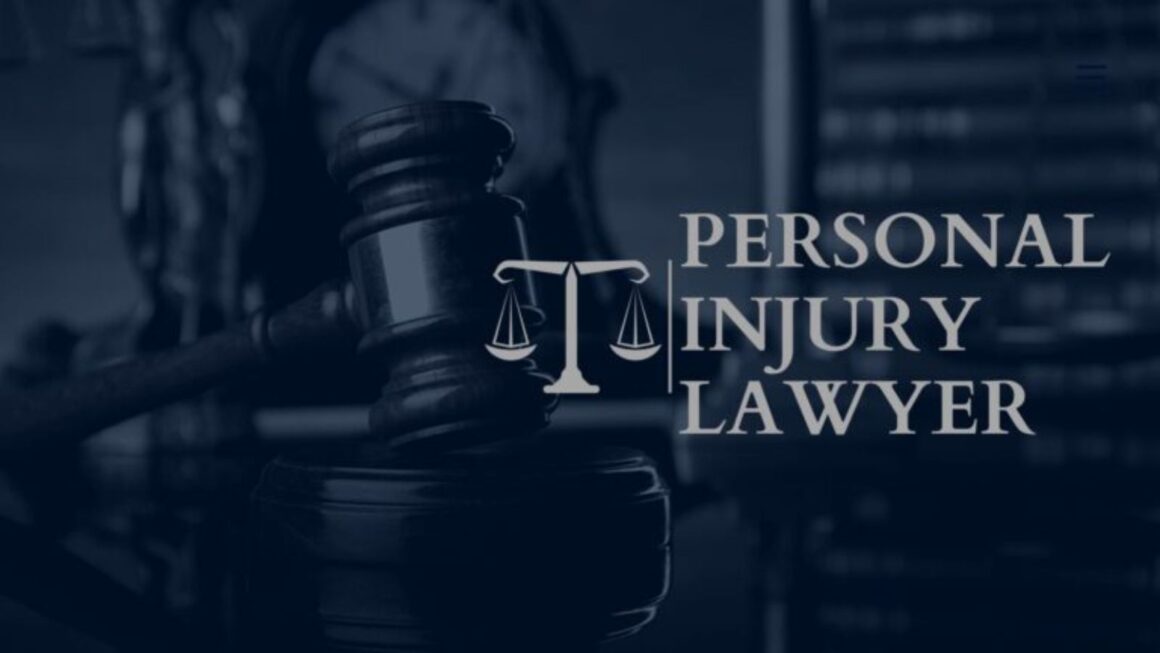In personal injury cases, one important idea is the assumption of risk. This idea can be tricky for people hurt in accidents, but it can significantly affect your chances of getting money after an injury.
For example, if you go to a theme park and decide to ride a roller coaster, you might see warning signs about sharp turns and speed. By choosing to ride anyway, you accept some risk. But what if the ride’s safety system fails and you get hurt? Can you still make a claim?
This is where the assumption of risk comes in. Knowing about this idea can help you understand personal injury cases and defend your rights. If you have doubts about your situation, it’s smart to contact a local personal injury lawyer who knows the local state laws and can guide you through the complex legal process. Let’s explore this further.
Table of Contents
ToggleWhat Is Assumption Of Risk?
Assumption of risk is a legal defense often used in personal injury cases. It means that a person knowingly took part in an activity with clear risks, which may limit the other party’s responsibility for their injuries.
There are two types of assumption of risk:
1. Express Assumption of Risk: This happens when someone signs a waiver or agrees to terms that explain the risks.
2. Implied Assumption of Risk: This occurs when a person’s actions show they understood the risks without having a written agreement.
In both situations, the injured person might find it harder to get compensation if this defense is used.
How Does Assumption Of Risk Affect Personal Injury Claims?
When someone makes a personal injury claim, they usually want money for medical bills, lost wages, and pain. However, if the defendant (the person being accused) can show that the injured person knew the risks and accepted them, this may reduce or eliminate the victim’s chance of winning the case.

When Assumption Of Risk May Apply
Here are some situations where the assumption of risk might be relevant:
- Adventure sports like skiing, bungee jumping, or rock climbing
- Amusement park rides with clear safety warnings
- Sports injuries in activities like football, hockey, or martial arts
In these cases, a court might decide that the injured person knew the risks and chose to take part anyway.
When Assumption Of Risk Does Not Apply
It’s important to remember that the assumption of risk doesn’t fit every personal injury case. You can still hold someone responsible if:
- They were careless: If the person responsible for your injury didn’t take wise steps to keep things safe, assumption of risk might not apply.
- They broke safety rules: If a business or person fails to follow safety laws or guidelines, they can still be held accountable.
What Can You Do To Protect Yourself?
If you’ve been hurt and the other party uses assumption of risk as a defense, here are steps you can take to protect your rights:
Gather Evidence
Keep records of everything related to the incident. Take photos of the scene, your injuries, and any warning signs or lack of them. Also, keep track of your medical treatment and any waivers you signed.
Talk To A Personal Injury Lawyer
Assumption of risk is a complicated legal defense. A personal injury lawyer can look at your case, explain your choices, and help you build a strong argument against this defense.
Don’t Sign Anything Without Understanding It
Before joining risky activities, carefully read any waivers or agreements. If you don’t understand something, ask questions or get legal advice before signing.

Final Thought
Accidents occur, and knowing your legal rights is important in any personal injury case. Assumption of risk can make things more complicated, but it doesn’t mean you have no options. If you believe someone else’s carelessness caused your injury, stay hopeful.
Take the steps you need to protect yourself, seek help from professionals, and remember—your health and well-being are worth fighting for. The legal process can be tough, but with the right support and knowledge, you can work toward a fair solution.



